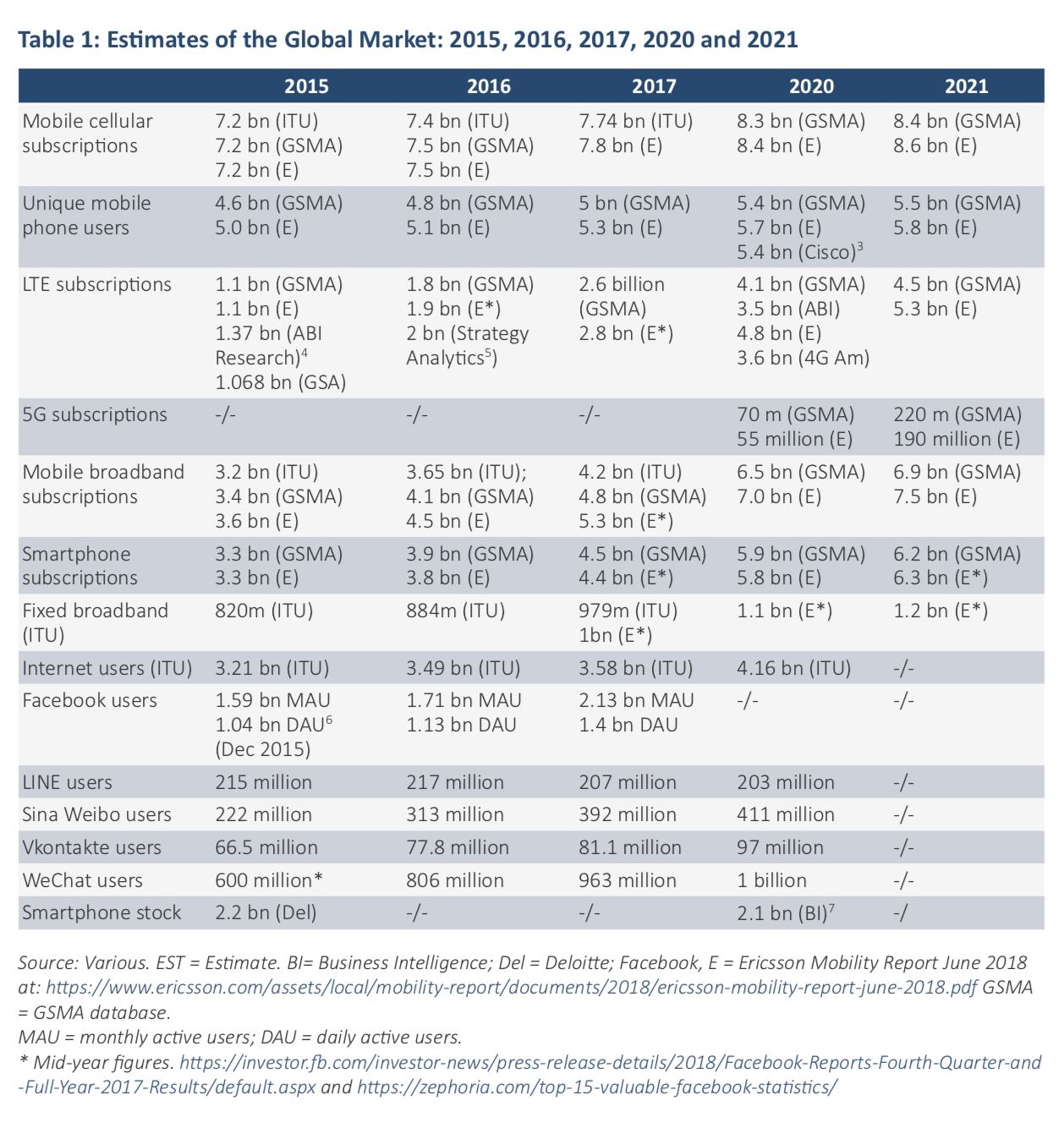Opendoor, a four year-old, San Francisco-based company, has from the outset intended to make it possible to buy and sell residential real estate with a few key strokes. It seemingly gets closer to that audacious vision by the day. The company closed on $325 million in new funding in June in a round that brought its total equity funding to $645 million to date — and its valuation to more than $2 billion. The company has also raised $1.75 million in debt, and two sources tell us more funding from SoftBank is imminent.
Opendoor’s cofounder and CEO, Eric Wu, who previously cofounded two other companies, won’t answer questions about SoftBank when asked. But there’s no question the company is one of the most capital-intensive startups on the scene currently. Opendoor bids on homes sight unseen, agrees to buy them, then — contingent on an inspection to verify the quality of the home (“sometimes customers aren’t aware of things like foundation issues,” explains Wu) — it sells them, charging a fee of “about 6 percent,” he says. (Recent reports claim this number can reach as high as 13 percent.)
To date, the company has largely been working with people who need to sell their homes quickly because of a new job or other life event. By using Opendoor, goes the pitch, they don’t get stuck paying for two mortgages when they can’t afford it. Yet Opendoor increasingly wants to help them buy that next house, too. Toward that end, the company has just acquired Open Listings, a four-year-old, L.A.-based startup that has aimed to make it easier and cheaper for buyers to purchase homes by automating much of what an agent would do, thus reducing the fee an agent would traditionally take.
Opendoor isn’t saying what it’s paying for Open Listings, which had raised $7.6 million from investors over the years, including Y Combinator, Matrix Partners, Arena Ventures, and Initialized Capital. But all of Open Listings’ 45 employees will join the 900 employees of Opendoor. The move also gets Opendoor into a handful of new cities in which it wasn’t already operating, including San Francisco, Seattle, Austin, L.A., and Chicago.
The deal was also a very natural fit, suggests Wu. He says he met Open Listings cofounder and CEO Judd Schoenholtz in 2015, when Schoenholtz — through YC’s alumni network — approached Wu, whose last company had passed through YC’s program. Schoenholtz “reached out and wanted to share what they were trying to solve in real estate, so we met up and talked about problems we saw and our respective approaches . . . Judd was starting with the buyer side, and we were starting with the sales side, and we continued to share notes on how we were solving both.”
The acquisition is very first for Opendoor, though one senses it’s just the beginning of similar tie-ups. In a call yesterday, Wu referred to other initiatives that Opendoors is exploring, if not ready to discuss in great detail yet publicly, including a kind of financing business, which Wu has been talking about for years but that sounds closer now to fruition. “We’re doing some things around mortgages that will integrated into the shopping experience,” says Wu, without wanting to elaborate further. Home improvement loans may also be on the horizon. (Wu says Opendoor “also wants to enable home buyers to personalize their experience.”)
Opendoor is also working more closely with developers, forming partnerships with “19 of the 25 largest home builders in the country over the last 18 months,” says Wu. The idea is for Opendoor’s customers to put down a deposit on a new home, with Opendoor operating quietly in the background to to both help choose a closing date, as well as to sell those customers’ previous homes.
The big question, as always, is what Opendoor does in a sustained market downturn. The company is reportedly on pace to spend more than $2.5 billion on home purchases over the next year. Yet buying homes is a complicated affair. After Opendoor acquires each home, it has to ensure the home is up to code in order to resell it. Indeed, though the company is willing to buy homes built after 1960, Wu says a growing amount of its inventory was built no earlier than 1990.
More, hanging on to its inventory, which Opendoor does for 90 days on average, would seem to pose a major risk, particularly given that the housing market is highly sensitive to interest rates and other macroeconomic factors that could prompt a market cool-off. We may even be seeing early signs of one right now.
Wu doesn’t seem concerned, focused as he is on creating a kind of virtuous cycle of home buying. Asked about housing market slowdowns, he shrugs off the question. Maybe he needs to operate that way, given the ambitious vision of Opendoor.
Says Wu when talk turns to rising mortgage rates and growing new home inventory, “We have a world-class pricing team to track data on a national and subdivision level that informs [what we do].” As for the condition of the housing market, “we aren’t commenting,” he says.
Pictured above, left to right: Eric Wu and Judd Schoenholtz.



